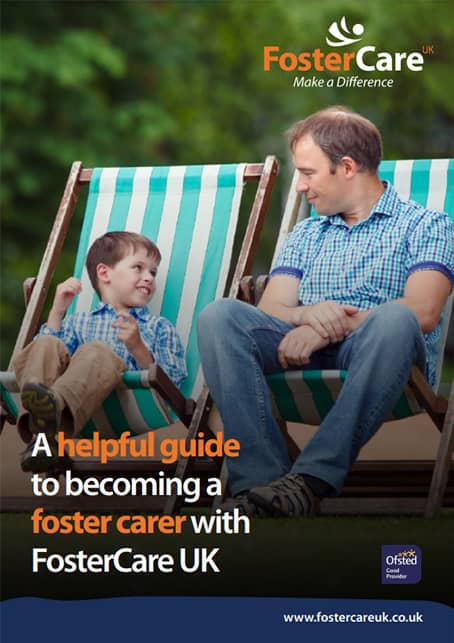


What happens when a child is taken into care?
Benefits of being a foster parent
What is a care leaver?
How to become a foster parent
How to foster a child
What are the foster care requirements
Can I choose who I foster?
Fostering with pets FAQ
How long does it take to become a foster parent?
What is the role of an independent fostering agency?
Fostering a disabled child
Tips for coping when foster placements end
Do foster carers pay tax?
What to expect in a fostering assessment
Common Fostering Challenges and Solutions
What disqualifies you from being a foster carer?
Muslim Fostering
Fostering as a single parent
Can you foster a child with a criminal record?
Can you work and foster?
Top 10 fostering myths
Can I foster if…?
Can I foster and rent?
LGBT Fostering: can I foster if I’m gay
Top transferable skills to become a foster carer
Can you foster with a mental health condition?
Christian Fostering
Sikh Fostering
Cultural Diversity in Foster Care
How to encourage foster children to read
Reasons for a child to be taken into care
Tips for coping with attachment disorders in Foster Children
Fostering vs Adoption
What happens when foster parents get divorced?
What is reunification in foster care?
How to deal with foster child bullying
A guide to the foster care handbook
Guide to fostering young children
Types of self-harm
A guide to fostering teenagers
What are the signs of depression in foster children?
Interested in fostering babies? Our comprehensive guide to fostering babies answers all of your questions, from ‘can you foster babies?’ to ‘why are babies taken into care?’. We also discuss different types of foster placements to ensure you have all the information you need to start your fostering journey.
Yes, you can foster babies. However, the number of babies in foster care is significantly lower than other age categories. According to Government reports, only 6% of children in public care are under a year old. So, whilst there is a demand for fostering babies, it’s important to preface, there are fewer infants within the care system. Why? Because babies and young children are more likely to be placed with family members or relatives before they are placed in foster care.
When babies are taken into foster care, it’s usually because the biological parents are unable to care for the child. In some instances, the parents may voluntarily place the child into care, whilst in others, local authorities may have intervened.
Some of the reasons babies are placed into foster care include:
Usually, when babies are put into foster care, they are placed on short term placements whilst they wait for adoption. So, as a foster carer for babies, you’re likely to experience various short-term placements. However, in some cases, babies may need to be removed from their biological parents as quickly as possible. In this instance, the placement will fall under emergency foster care.
To learn more about fostering babies, read our guide to fostering babies or get in touch with a member of our helpful team to begin the foster care application process.
As we mentioned previously, where possible, local authorities will do their best to try and keep parents and babies together (if it’s safe to do so). So, at FosterCare UK, we offer parent and child foster placements, where the mother, father, or in some cases both parents, are placed in foster care alongside their baby.
This type of foster placement is very different to fostering babies, as it involves caring for both the parent and child. In turn, it requires specialist foster care training and support. However, expressing an interest in parent and child fostering is also the most reliable way to foster a baby, as these placements are designed to support parents with young children.
As there’s no way to guarantee the age of your foster child, it’s important to explore other types of fostering. Some of which include:
Each placement requires a different set of skills. Therefore, each placement receives a different level of renumeration. To learn more, read our article, How much do Foster Carers get Paid?
If you’re interested in learning how to become a foster carer, FosterCare UK has you covered. Whilst you cannot choose which child is placed in your care, we will make the process as easy as possible, working to find the most suitable placement for your unique personality and skillset.
For more information about our fostering recruitment process or information on fostering babies, get in touch with a member of our expert team today.
If you’ve got any questions or would like to find out more about fostering with Capstone, fill out the form below.
An experienced fostering advisor from your local area will then be in touch.

Start the conversation today. Our team of friendly advisors are on hand to answer any foster care questions you may have. We can offer you honest and practical advice that can help you decide if becoming a foster carer is the right path for you.


